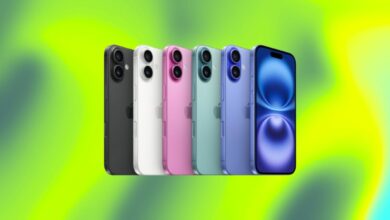8 Foods You Should Never Freeze
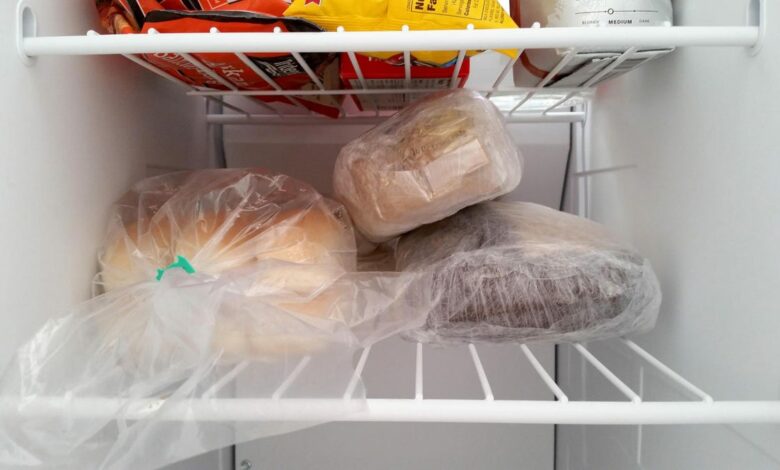
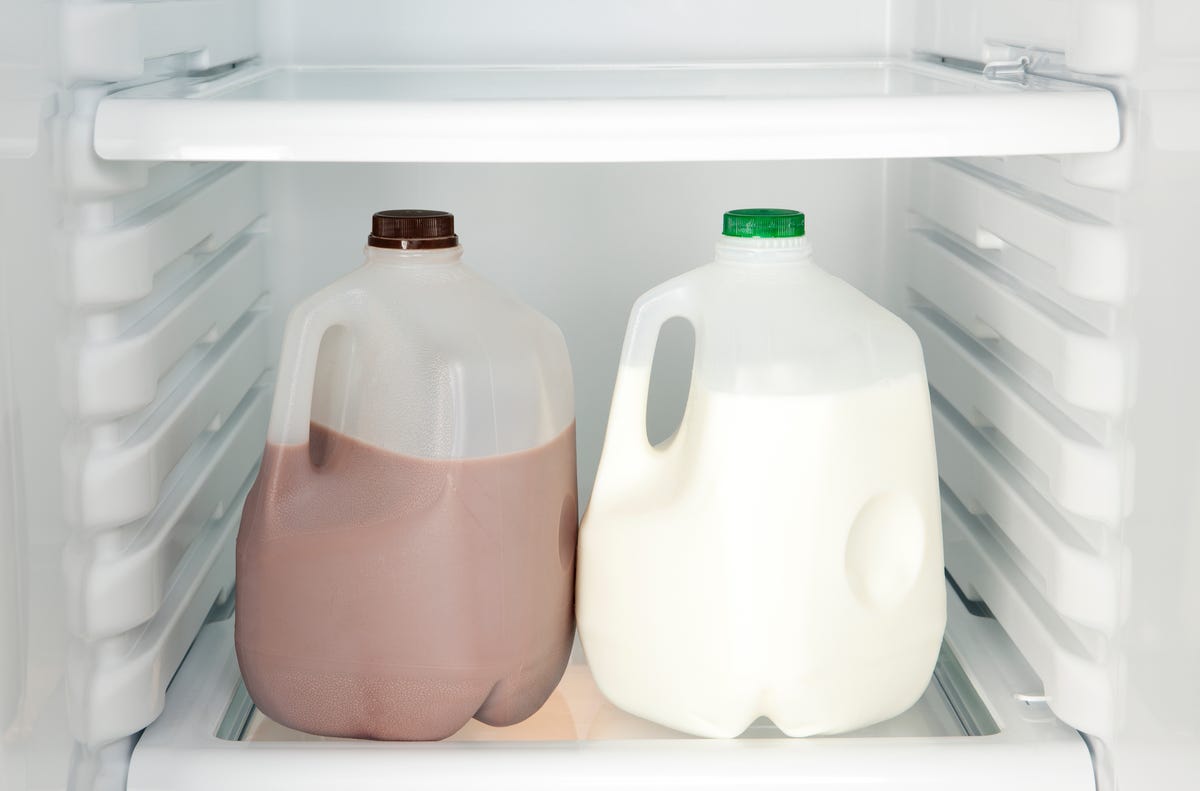

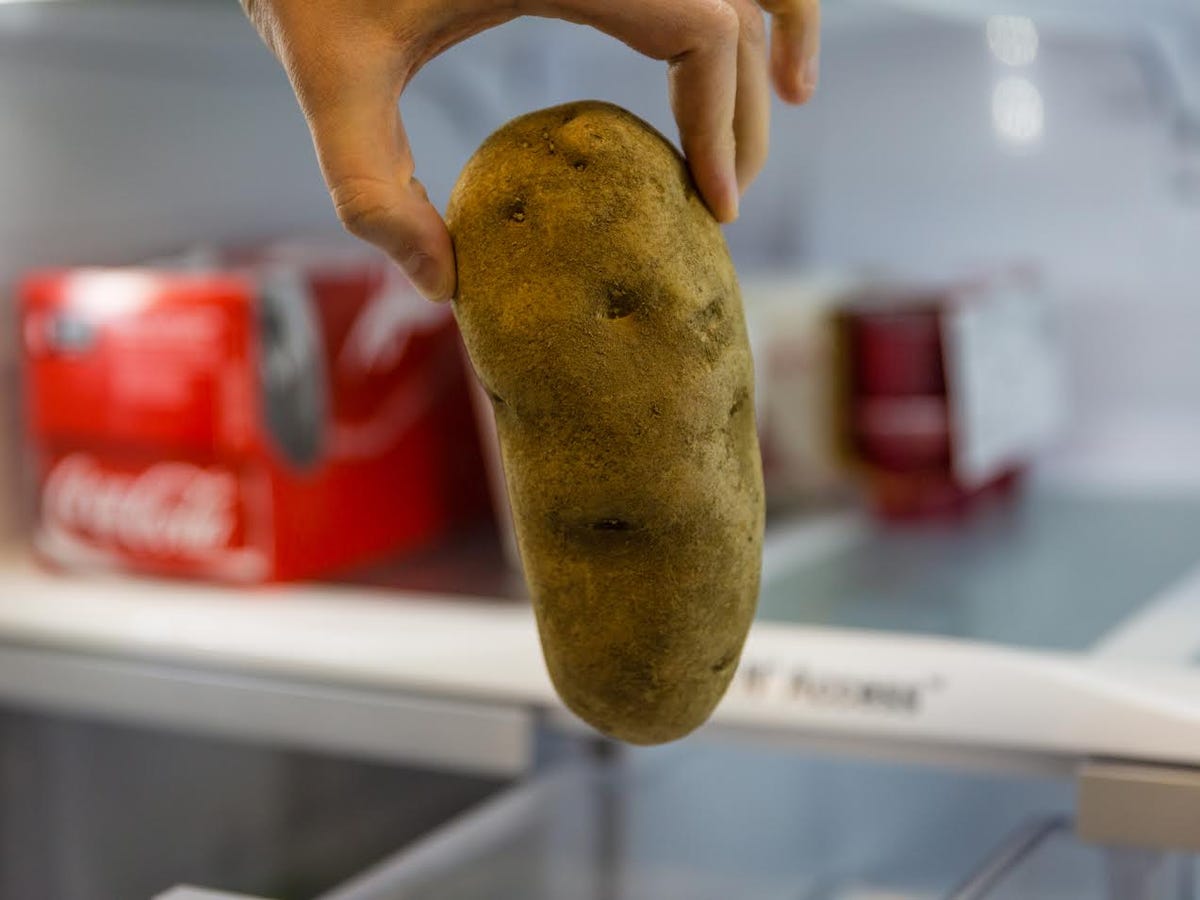
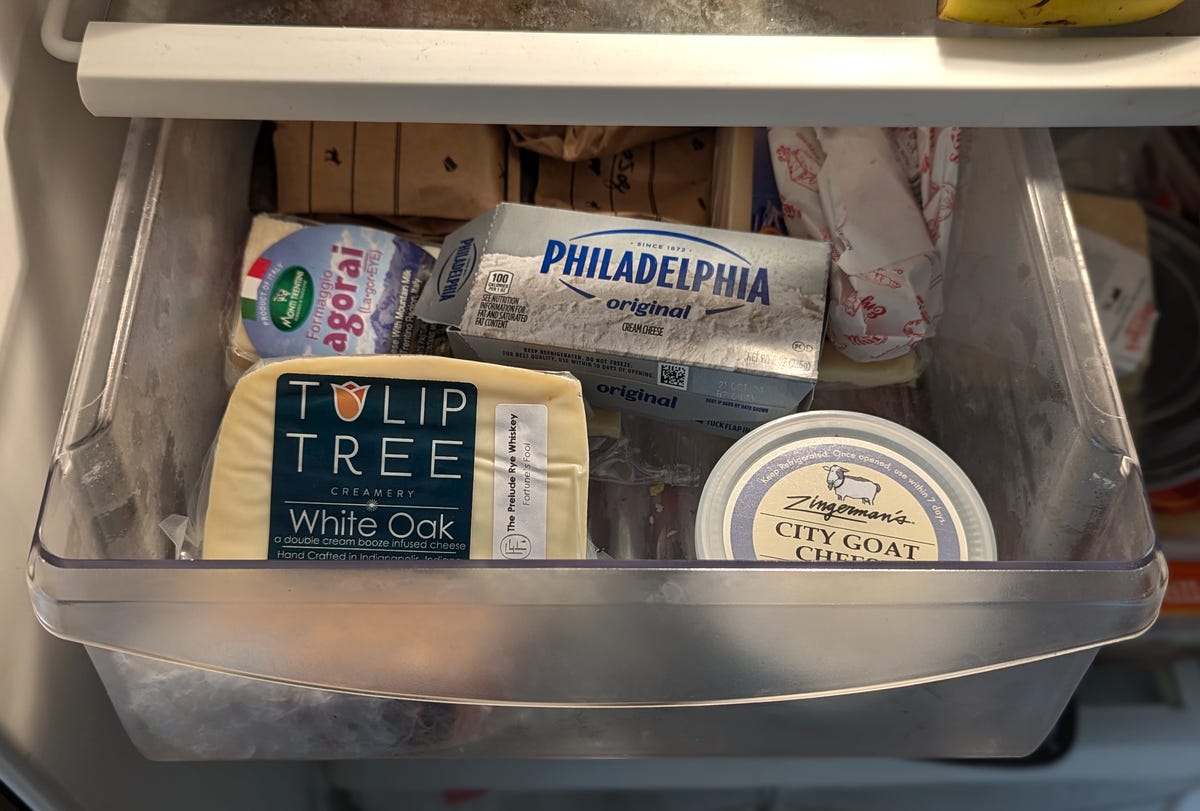
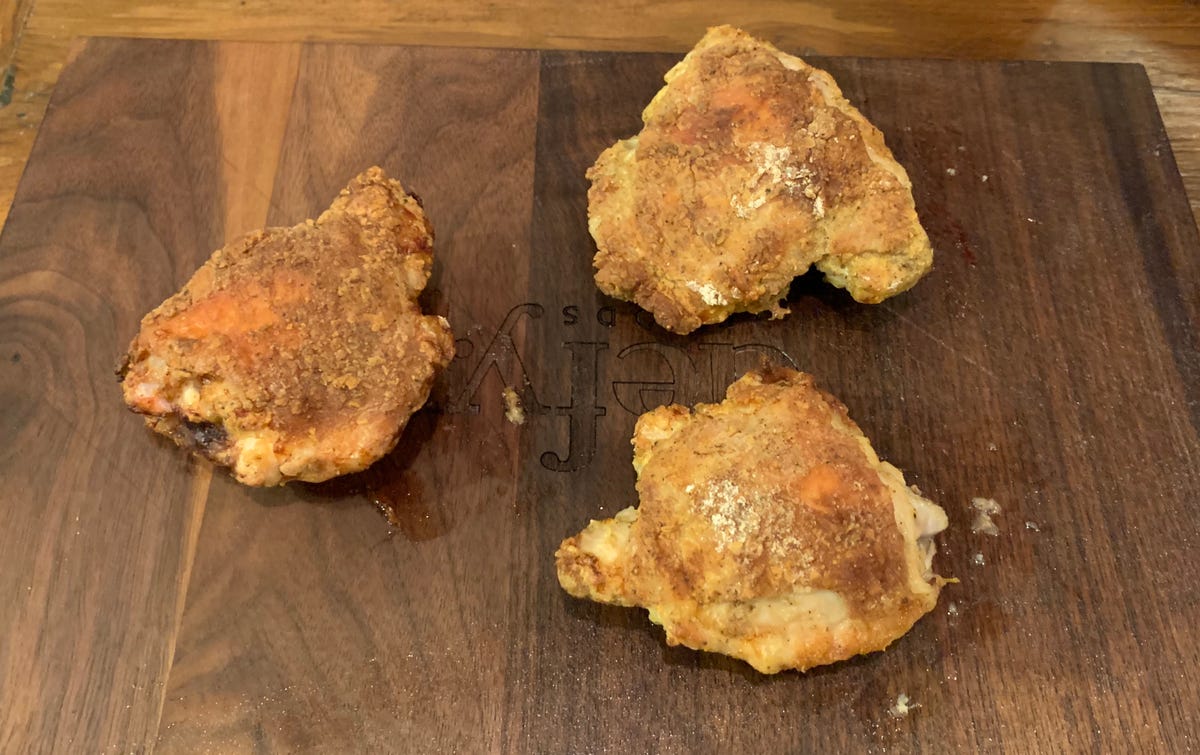
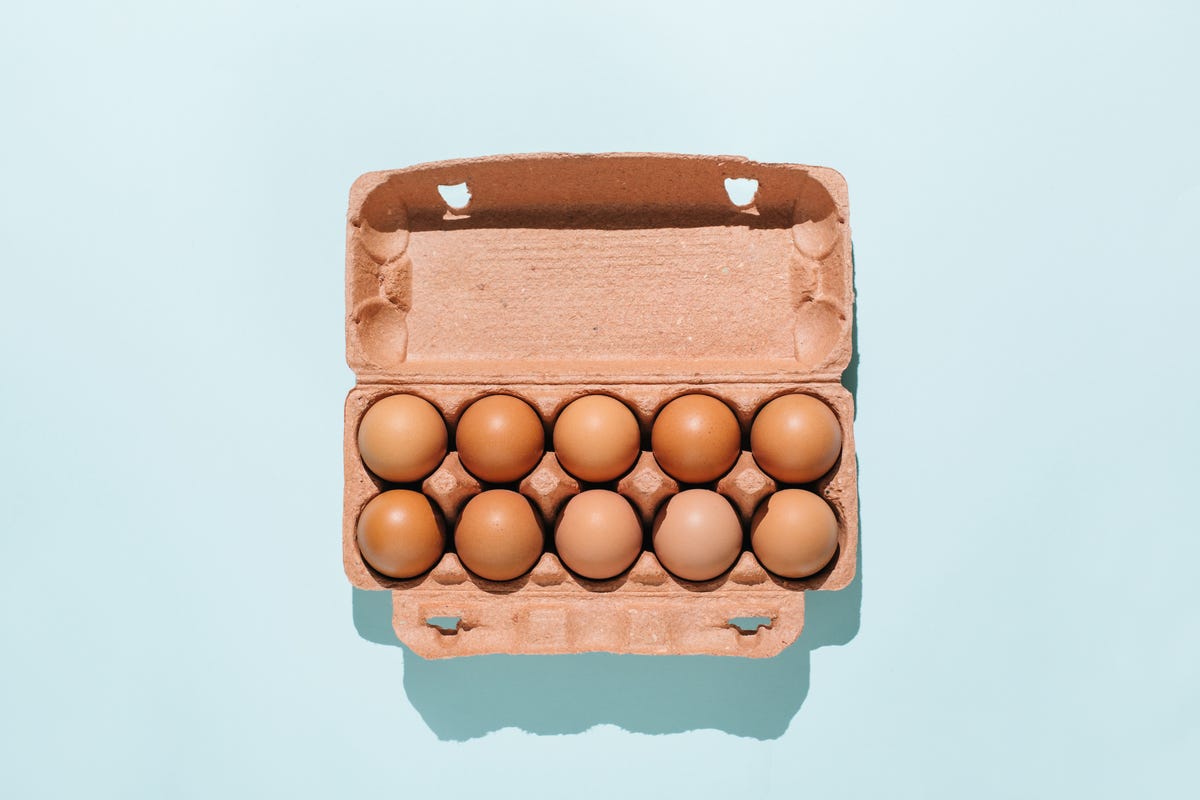
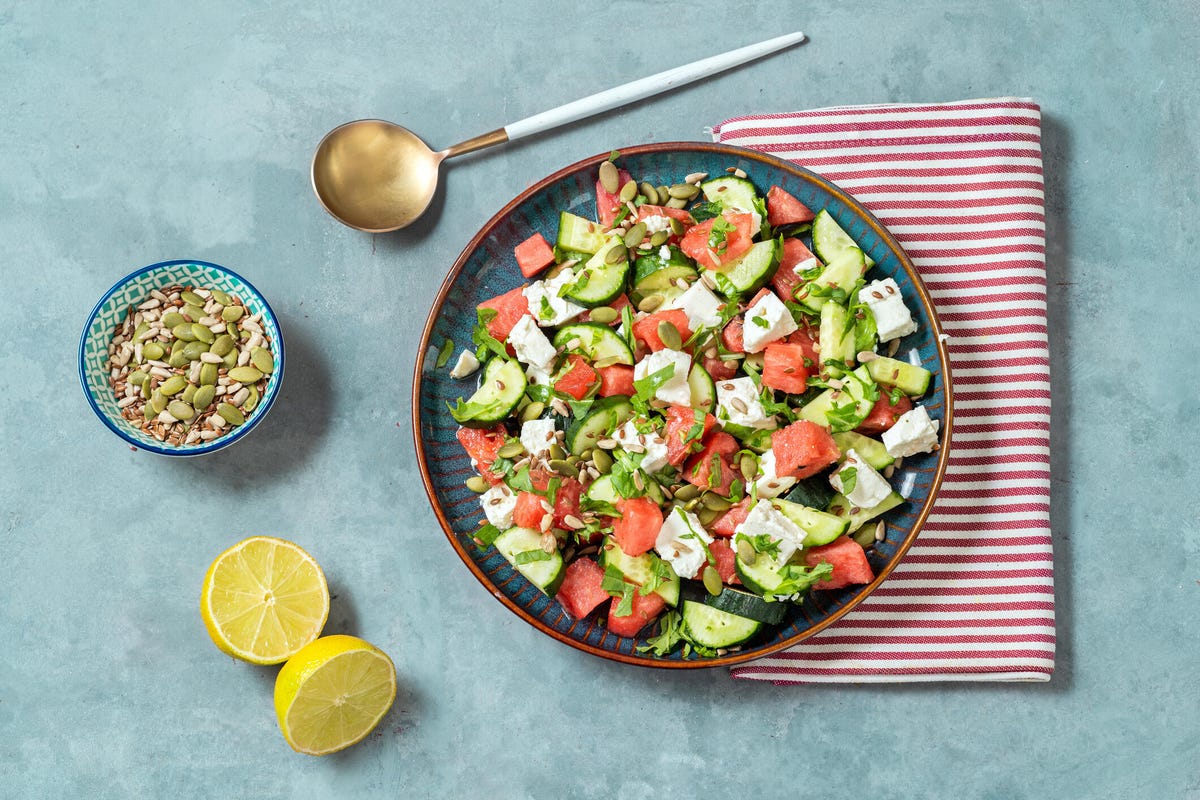
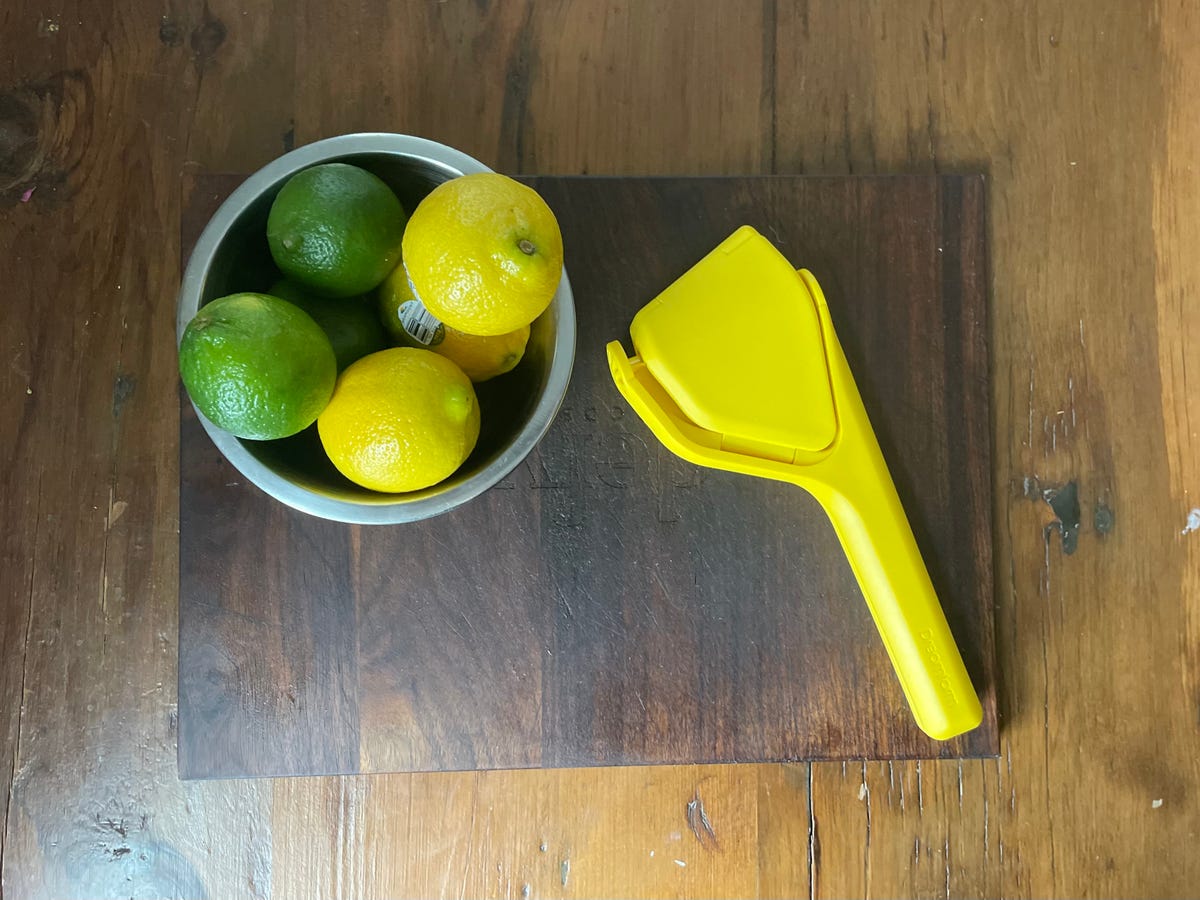
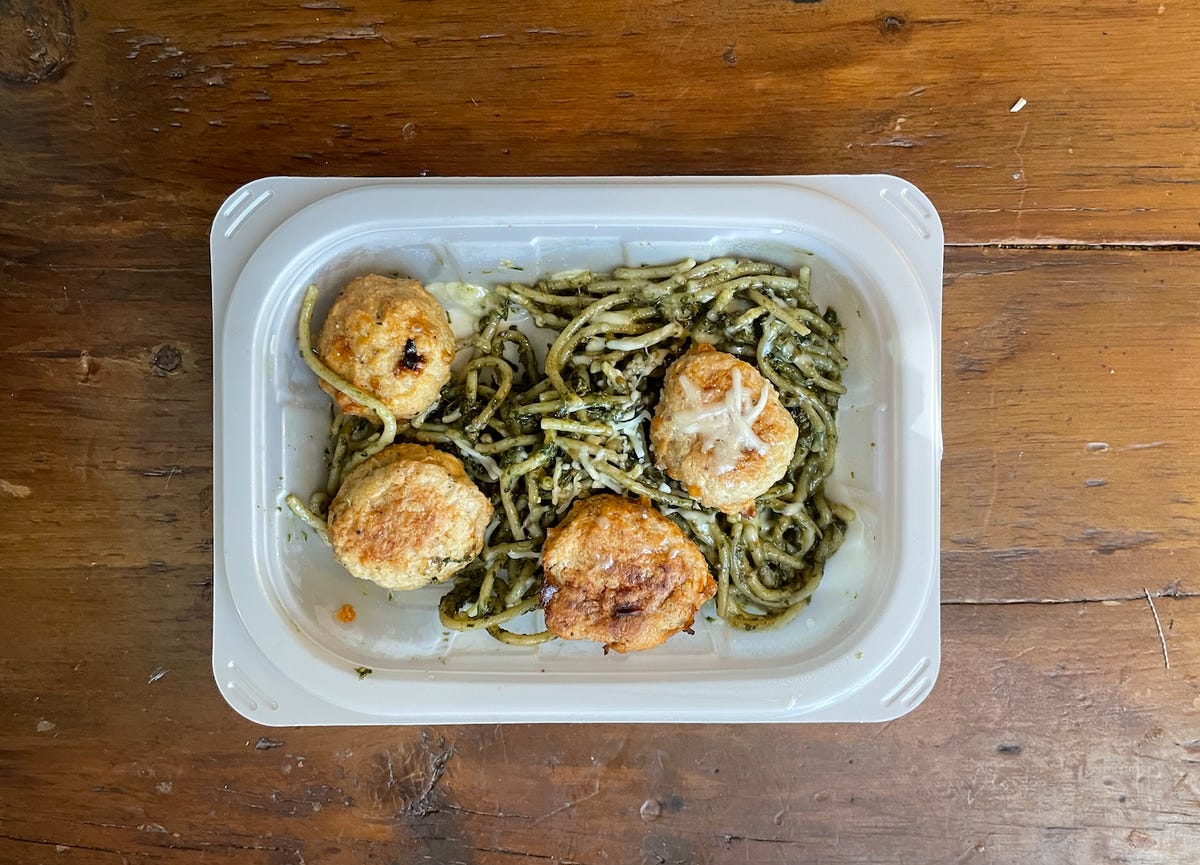
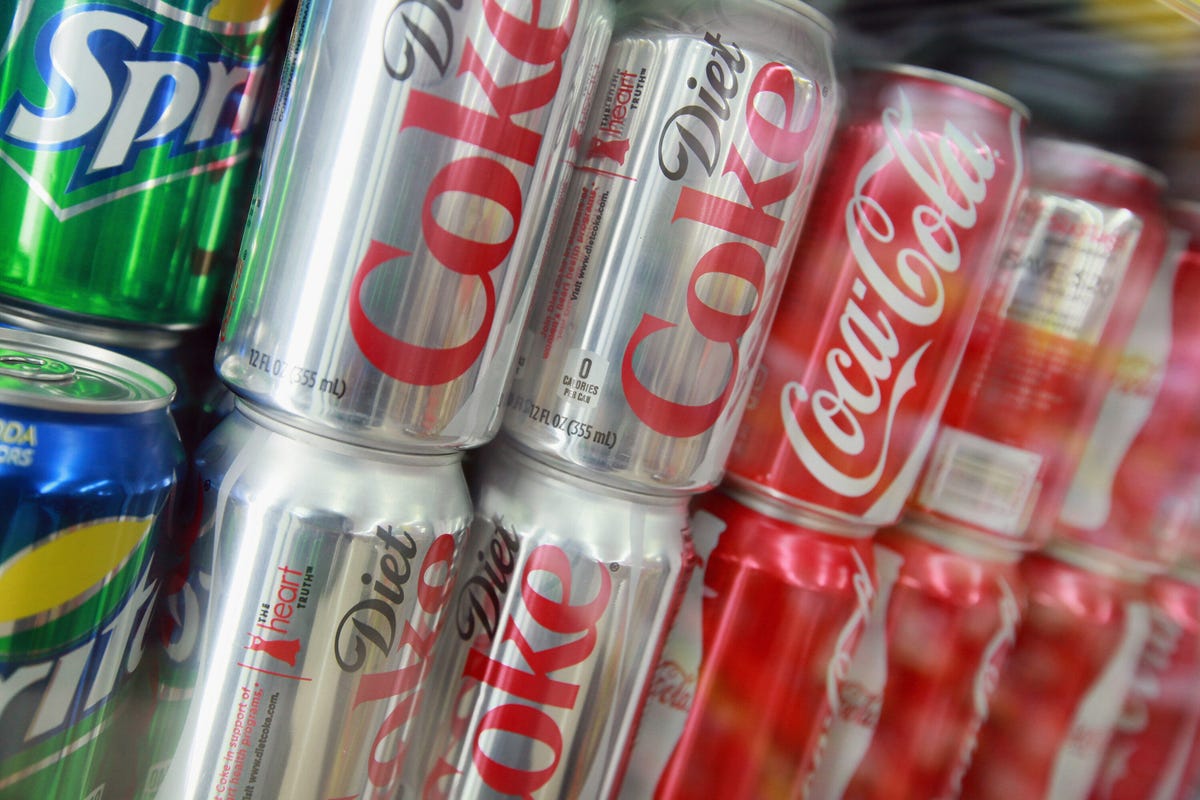
A freezer may be a coupon shopper’s or impulse buyer’s best friend because of its impressive storage capabilities, but it’s not a suitable home for all types of food. In fact, it can have the opposite effect of preservation by causing freezer burn or completely changing the physical state of food after thawing.
To do a massive cleanup of expensive grocerieswe’ve rounded up six common foods that should never, under any circumstances, be bought in bulk and stored in the freezer. Enjoy them fresh or after some time in the refrigerator, but not when exposed to the elements of extreme cold.
Milk and cream

Keep dairy products out of the freezer, otherwise they will curdle and separate.

Most dairy products cannot be frozen and become inedible if they are. Milk, cream, yogurt, and sour cream tend to separate when frozen. Once they do, there is no way to return them to their original state and the thawed result will be grainy, watery, or even curdled. Nut milks, on the other hand, freeze better.
Ice cream is of course an exception to this, as it has a high sugar content, which lowers the freezing point and keeps the product soft and tasty.
Potatoes

Potatoes should not be stored in the refrigerator at all, let alone frozen.
America’s favorite carb turns mushy and gritty when thawed, a physical state that makes it unsuitable for use in everything from mashed potatoes to French fries. This is because the water separates from the starch in the tuber, resulting in a gag-inducing texture that even garbage-sniffing critters like raccoons can’t stand. That said, freezing cooked or partially cooked potatoes (usually parboiled) is fine, since much of the water content is extracted during the cooking process.
Cheese

There are ways to keep all types of cheese fresh longer, but the freezer isn’t one of them.
Annoying ice crystals form in frozen cheesewhich completely changes the flavor and texture profile. This is especially true for soft and moldy cheeses, although some hard varieties like cheddar and jack can withstand the constant flow of cold air if they are grated first and laid flat in a plastic storage bag.
Read more: Store Cheese Properly and You’ll Extend Its Shelf Life by Days, Even Weeks. Here’s How
Fried foods

Unfortunately, you cannot freeze leftover chicken.
The best part of fried food is, of course, the crispy breadcrumbs. When placed in the freezer, this batter or crumb absorbs the appliance’s moisture and makes the food soggy. Additionally, fried foods are loaded with—you guessed it—oil, which doesn’t freeze completely and can spoil before the meat or vegetable it’s cooked in. This can lead to not only a messy meal, but also an unfortunate and potentially dangerous case of food poisoning.
Eggs

Eggs keep for a fairly long time in the refrigerator, so there is no need to freeze them.
If you like your scrambled eggs rubbery, put them in the freezer before cooking. This is due to a process called “gelling“where the protein molecules of the yolk clump together and harden the liquid. The contents of eggs also expand when frozen, causing whole eggs to crack and leak. Of course, avoiding eggs in the freezer also means avoiding egg-based condiments, such as mayonnaise, which become lumpy and unspreadable.
Salad-friendly fruits and vegetables

Leftover salad items such as avocado, lettuce and cucumber should never be frozen.
If it is a fruit or vegetable and can be used in a typical salad, it will not hold up in the freezer. This includes all products with a high water content such as lettuce, tomatoes, cucumbers and celery. The beloved avocado will also not do well in extremely cold temperatures. When it thaws, it will immediately begin to brown. And no one wants to dip their way through brown guacamole.
Citrus

If you use too much citrus fruit, it is best to juice the fruit and freeze the juice. You can then use the juice later for recipes and cocktails.
Some dense fruits like berries and mangoes do well in the freezer, but citrus fruits don’t hold their shape as well. Whole citrus fruits get mealy after thawing. If you have a lot of lemons, limes, or oranges, your best option is to juice and freeze the juice for later.
Cooked pasta and rice

Leftover cooked rice and pasta can be safely frozen, but they will lose much of their texture and flavor when reheated.
While you *can* definitely freeze cooked pasta and rice, that doesn’t mean you *should*. The water content literally bursts the cells in noodles and grains, resulting in a doughy, soggy mess that even the tastiest sauces can’t salvage.
Drinks in bottles or cans

We’ve all tried to quickly chill a beer or soda in the freezer.
Who among us hasn’t tried to cheat time by chilling a lukewarm beer can or bottle, forgotten about it, and returned to find a frozen, bubbling disaster. If you’re going to use the freezer to chill cans or bottles of beverages, you’d be wise to set a timer for 10 minutes so they don’t completely freeze and explode.




